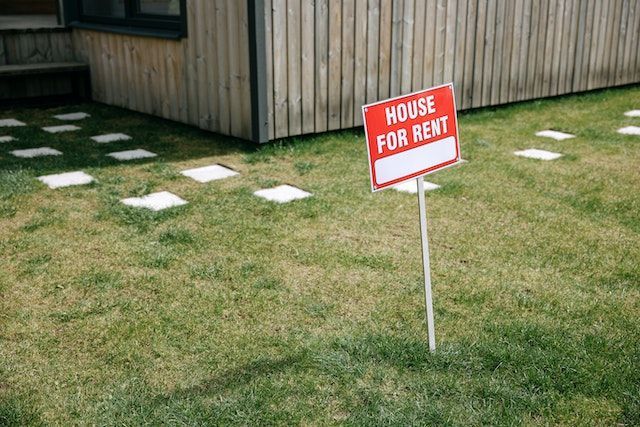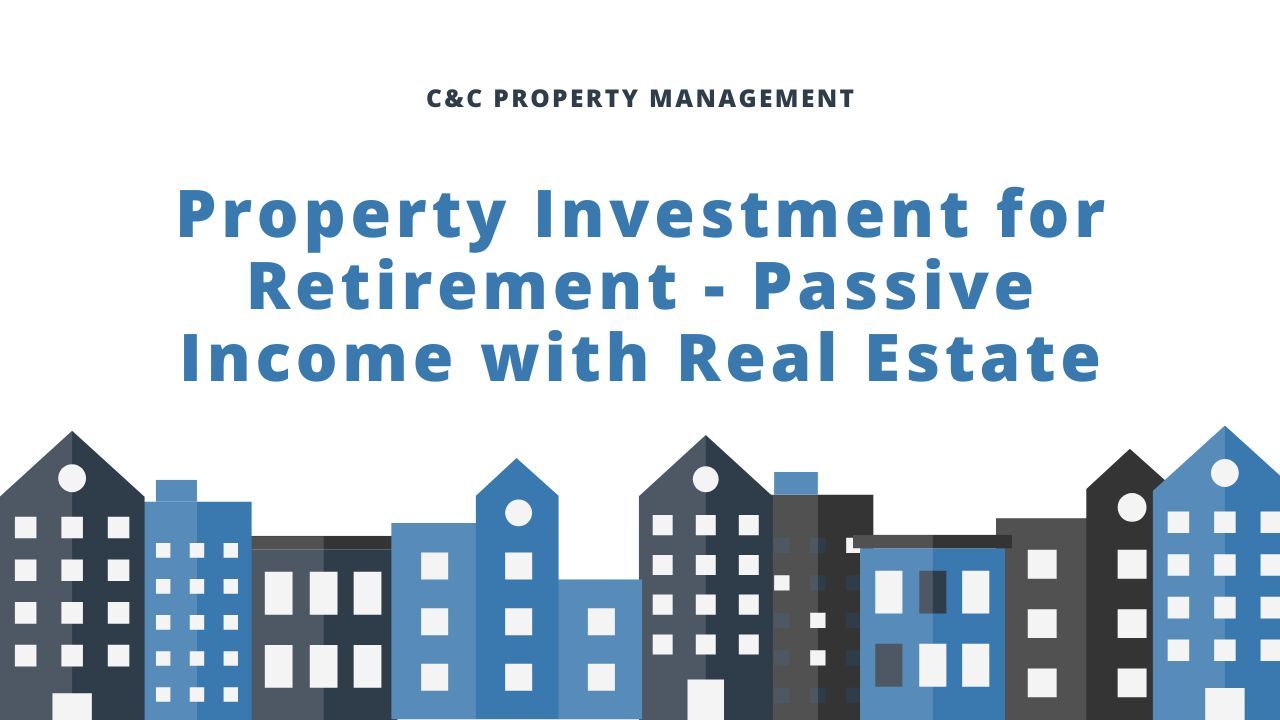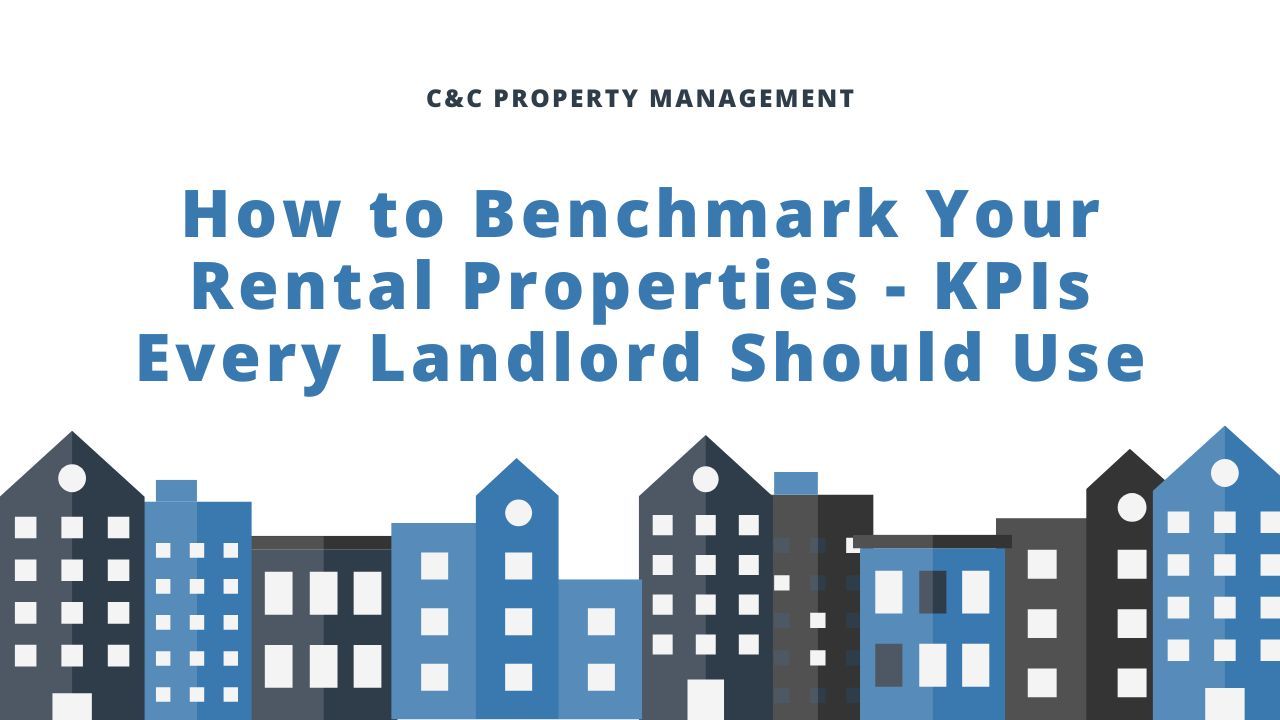California Fair Housing Act: An Overview
As a California landlord, you have several responsibilities under California’s landlord-tenant laws. Among these is your responsibility to abide by the California Fair Housing Laws. These are a set of regulations specially designed to protect individuals from experiencing housing discrimination. Such individuals include tenants, home buyers, and those looking for mortgage financing.
As a landlord, you must ensure that all your processes conform to the Fair Housing Laws. That is, whether screening prospective tenants, responding to repairs or maintenance requests, or even when evicting tenants from your property. In this article, you’ll learn all the basics of the Fair Housing Act for a smooth experience as a landlord.
Why Was the Fair Housing Act Established?
Discussions of the need for equal access to housing began a few years before the Federal Fair Housing Act was established. The Rumford Fair Housing Act of 1963 and the Civil Rights Act of 1964 were the first two attempts made at addressing housing discrimination.
Also known as the California Fair Housing Act or AB 1240, the Rumford Fair Housing Act was a landmark law at the time. It was passed in California on September 20, 1963. Its goal was to stamp out discrimination in housing-related matters based on the race, religion, ancestry, or nationality of a person.
The other landmark piece of legislation that preceded the Fair Housing Act was the Civil Rights Act of 1964. This law outlawed discrimination based on color, race, religion, sex, and nationality of a person in employment, accommodations, and voting.

But while the act made significant strides in addressing racial equality, it failed to address housing discrimination. This exclusion sparked continued activism and advocacy for Fair Housing legislation. And this is what led to the creation of the Fair Housing Act was enacted in 1968. It’s a federal law that prohibits housing discrimination, this includes buying, sale, renting, or financing of housing based on 7 protected classes.
What Classes are Protected by the Fair Housing Act (FHA)?
The Federal Fair Housing Act protects individuals from experiencing housing discrimination based on 7 classes. These are, race, color, religion, sex, familial status, nationality, and disability. The FHA applies to both public and private housing, including houses, apartments, dormitories, mobile homes, and even homeless shelters.
California extends additional housing protection against discrimination based on immigration status, gender identity, citizenship status, ancestry, primary language, military and veteran status, income source, and sexual orientation of a person. The following are specific examples of discrimination that would be illegal under California Fair Housing Laws:
- Asking prospective tenants about their race.
- Choosing a tenant based on their religion or national origin.
- Using sex to determine who you are going to rent to.
- Choosing to rent to a couple with no kids over that with children.
- Charing higher rental prices or security deposits based on a tenant’s protected class.
- Falsely claiming your unit is unavailable.
- Refusing to rent your vacant unit to a qualified prospective tenant.
- Refusing to make reasonable accommodations for a tenant with a disability.

Which Government Agency Oversees the California Fair Housing Laws?
In California, the government agency tasked with overseeing illegal housing discrimination practices is the state’s Department for Fair Employment and Housing. They will investigate complaints and file their findings with the federal Department of Housing and Urban Development.
Do Any Exemptions to the Fair Housing Act Exist?
Yes, there are some exemptions to the Federal Fair Housing Act. They are as follows:
- Owner-occupied Buildings - Buildings with four or fewer units are exempt from the FHA if the owner occupies one of the units.
- Housing Meant for Older People - Housing communities that fall under federal, state, or local government programs are exempt from certain provisions of the FHA.
- Housing Operated by Private Clubs or Religious Organizations - If these groups put limits in place based on membership, they can be exempt from the FHA.
What Does the Act say About Persons with Disabilities?
Under the California Fair Housing Act, a person with a disability is granted robust protections against discrimination, aligning with federal standards under both the Fair Housing Act and the Americans with Disabilities Act (ADA). The law recognize a disability as either physical or mental impairments that substantially limit one or more major life activities. They include the following:
- Mobility, hearing, and visual disability.
- Drug or alcohol addiction.
- Mental illness.
- Intellectual disability.
- Anything that limits someone’s life activities.
California landlords are required to provide reasonable accommodations and modifications to ensure equal access to housing for a person with a disability. Reasonable accommodations for a person with a disability may involve adjusting policies, procedures, or rules to support a person’s ability to use and enjoy their housing. Reasonable modifications for a person with a disability may refer to structural changes, such as installing ramps or grab bars, to make a residence more accessible.
How Can Landlords Provide Tenants with Fair Housing?
As a California landlord, it’s important to treat your tenants – both prospective and current – fairly and equally. The California Fair Housing Laws apply to all the different stages of the rental process. This includes when marketing your property, screening prospective tenants, and even when responding to repairs and maintenance issues.

Property Marketing
It’s every California landlord's dream to rent to quality tenants. However, you must be careful not to use discriminatory language in the rental ad. For instance, phrasing like “No kids allowed,” “Perfect for a Single Professional,” or “Ideal for a Young Female.” would all violate California Fair Housing Law.
Tenant Screening
Housing providers must be careful with the questions they ask prospective tenants in the state of California. The following questions cannot be asked under the FHA:
- Are you married?
- Are you pregnant?
- Are you disabled?
Repairs & Maintenance
As a California landlord, you are responsible for providing your tenant with a habitable home. Additionally, you must fairly respond to repairs or maintenance. You must not:
- Refuse to make repairs or respond to maintenance requests based on the tenant’s protected class.
- Retaliate against the tenant for complaining about your unresponsiveness.
Bottom Line
Understanding your legal obligations as a California landlord is essential for success. The Fair Housing Act mandates equal treatment of tenants and prohibits illegal housing discrimination. If you have a question or need expert help in managing your rental property, turn to C&C Property Management.
Disclaimer: Please note that the information provided in this blog is intended for general guidance and should not be considered as a replacement for professional legal advice. It is important to be aware that laws pertaining to property management may change, rendering this information outdated by the time you read it.








